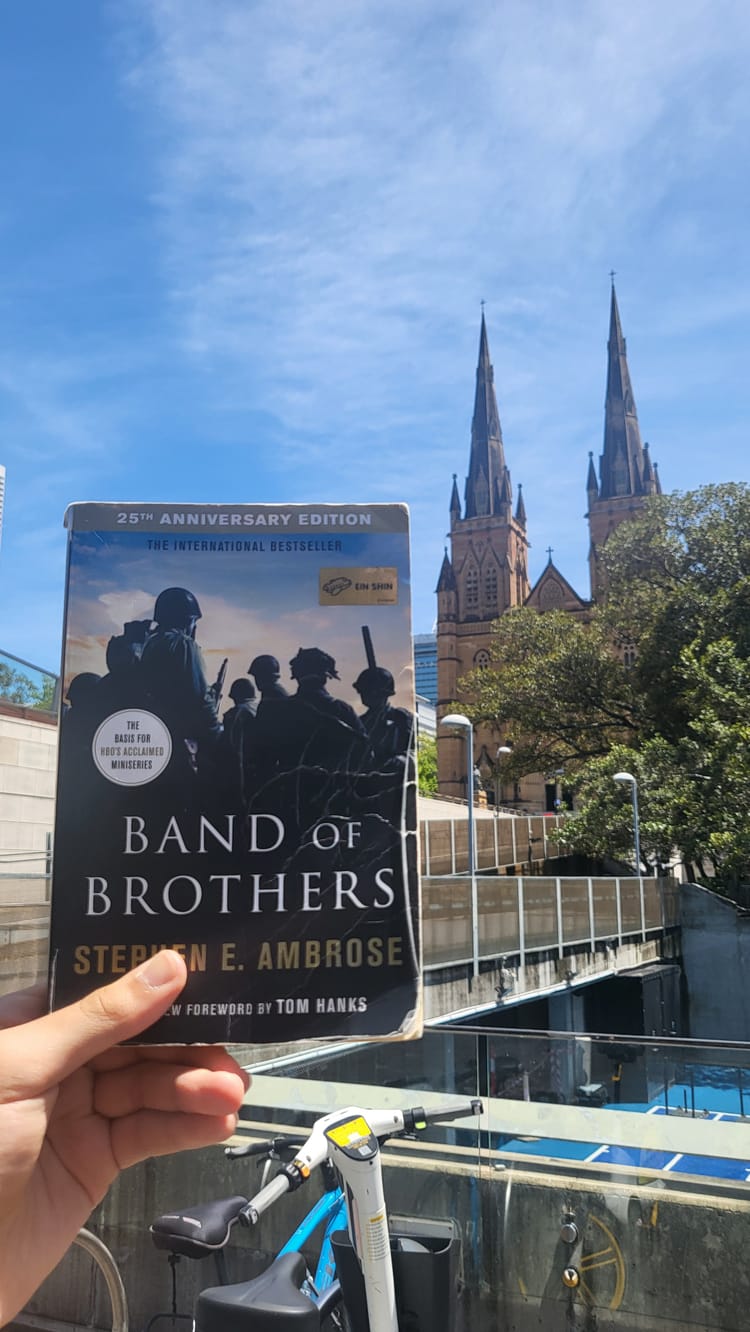Ghosts, Murder, and more Murder - the Tragedy of Hamlet


The words used by today’s contemporary society to insult or merely remark - excitement, assassination, laughable, uncomfortable - are only a small fragment of words created by a single playwright: William Shakespeare. Considered as the most influential writer and author in history, William Shakespeare has inspired a prolific number of latter authors, including William Faulkner and Charles Dickens. His works are quintessential of the Tudor epoch and the timeline of the English language itself.



Born in Stratford-upon-Avon, a village with grottos near the sophisticated London residences, William Shakespeare’s family was middle class. His father, a beer taster and a dealer in wool (no licence) and gloves, often took Shakespeare to theatres in the area as travelling actors often visited. The actors inspired Shakespeare to become an actor himself. His father’s job loss resulted in mixed bags; Shakespeare took advantage of a troupe who made a detour further into the town. In London, where he still resided, Shakespeare claimed a name for being indefatigable at successful plays. Nonetheless, the Bubonic Plague, an assassination attempt on the Queen, shut-down playhouses, and censorships restricted his freedom. His plays were a success, however, having a few of his plays being performed for the Queen while he invented insults, phrases, and words meanwhile. The most revered and popular play, however, is Hamlet.


Outside the thundering and hammering of rain and thunder, two men pronounce themselves on the red carpet of a castle. The prince issues a welcome as a man, Horatio, speaks of an unsecular apparition taking the form of the dead king. The prince, Hamlet, declares he wishes to see the ghost with his own eyes. Horatio, Hamlet, and a guard, Marcellus, take guard on the guard’s platform for signs of the ghost. As the sky darkens with coldness, a figure conjures up from the air, appearing to Hamlet as he nears the ghost while Horatio and Marcellus follow suit. The ghost states he is the father of Hamlet, and that Hamlet's uncle, Claudius, has poisoned the king and taken the throne for himself. The ghost asks the appalled Hamlet to take revenge. Swearing by his sword, he vows to take vengeance as a series of twists and dominoes fall: the beginning of the end for Hamlet.


Hamlet incorporates a prolific amount of themes, amounting to endowment from the audience, concocting a tragedy imbued with the lowly religion to the brutal vengeance. The play is focussed mainly on Hamlet's quest and thirst for revenge. Moreover, the ghost is armoured, depicting Hamlet's father's soul as prepared for battle. As Hamlet pursues his quest for vengeance, he faces a dilemma: is believing a ghost enough for him to murder his uncle? Critical thinking comes at a cost to Hamlet. In this disturbing play, friendship assists Hamlet in his path. Horatio offers consolation while Marcellus serves as an essential witness to the ghost. Likewise, the mediaeval superstition regarding the ill kings and kingdoms resides in the play. When the king is loyal and proper to the kingdom's needs, the kingdom prospers. When the king is ignorant of the kingdom, it falls.
For centuries, Hamlet has filled the audience with visceral sadness and anger as Shakespeare exposes Hamlet's inner life, leaving patrons no choice but to sympathise and empathise with him. Hamlet, a troubled Danish prince, is desperate for vengeance, yet his life is filled with dilemmas and mysteries. Shouldst we summon the king's apparition to seeketh counsel?





Member discussion